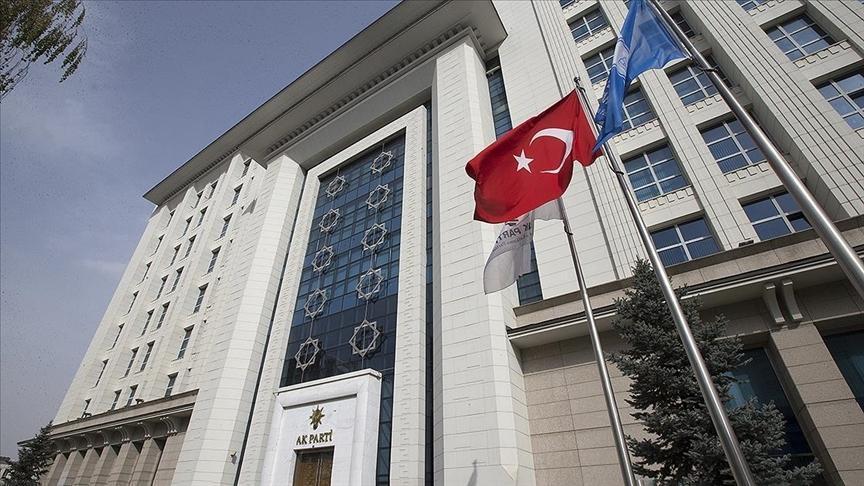Austerity measures hit Italy’s arts, cultural heritage
ROME - Agence France-Presse

Spanish tenor Jose Carerra performs at the famous Fenice theater in Venice. Italian theaters are hurt by austerity cuts. AFP photo
After slashing arts budgets and with its most famous monuments badly in need of repair, Italy’s government is increasingly looking to private investors to help it preserve a priceless cultural heritage.The biggest initiative so far, however, is faltering after billionaire Diego Della Valle said he might pull his 25 million euros ($33 million) to restore the Colosseum following union protests and investigations into the project.
Fragments of the 2,000-year-old Roman amphitheater -now at the centre of a busy road junction and blackened with pollution- have begun falling down and the restoration project’s start date of March is looking increasingly unlikely.
Meanwhile, at the archaeological site of Pompeii near Naples, which has also been hit by a series of alarming collapses in recent months, the long-mooted prospect of bringing in private investors is still a distant prospect. The government has promised to unblock 105 million euros ($138 million) in funding from the European Union for a four-year maintenance plan and to increase the number of archaeologists at the site from just one person employed there currently.
“Italy’s entire heritage needs attention,” the National Association of Italian Archaeologists said in a recent appeal for greater resources.
Italy is not alone in its struggle to preserve its ruins. In a move that left many Greeks and scholars aghast, Greece’s culture ministry said it would open up some of the debt-stricken country’s most-cherished archaeological sites, including the Acropolis, to advertising firms, movie companies and other ventures. The money generated would be spent on upkeep and monitoring of the sites.
Theaters, cinema hit
Italy is the fourth biggest tourism destination in the world after France, the United States and Spain, and is rightly proud of its cultural heritage -- enriched by centuries of history from the Roman era to the Renaissance to the Baroque.
But its low growth and debt mountain of 1.9 trillion euros ($2.5 trillion) has spooked international investors and forced the government to implement three austerity budgets in under a year in a bid to rein in public finances.
Italy currently allocates just 0.21 percent of its gross domestic product to culture and the 1.8 billion euros ($2.4 billion) are often only good for patching up its many monuments, leaving little space for funding the living arts.
The internationally renowned La Scala opera house and Piccolo Teatro in Milan were forced to accept a cut of 17 million euros ($22.4 million) last year.
And a special fund that subsidizes Italian theaters had a budget of 231 million euros ($304 million) in 2011 -50 percent less than the previous year.
Cinema has also been badly affected, with an association of cinema and television workers this month saying the situation was “grave”.
















